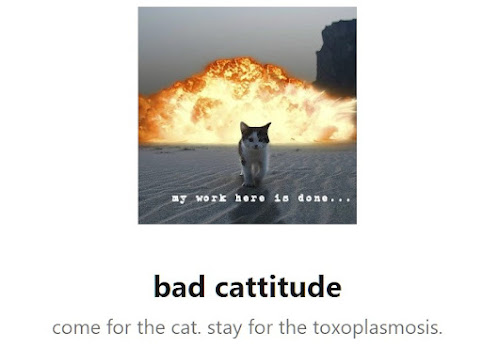From Gallup News, April 17, 2023
The percentages of Americans expressing a great deal of worry about air pollution and the loss of tropical rain forests have each fallen seven points since 2022, while worry about extinction of plant and animal species has declined five points, and the pollution of natural waterways and global warming or climate change are down four points each. Meanwhile, last year’s 57% high-level worry about polluted drinking water is statistically similar to this year’s 55%. Each of the current readings is at or tied for its lowest point since 2015 or 2016.
People are losing interest in the things that threaten them the most. This Gallup report is not the only evidence. News and comments about climate change, pollution, resource depletion, and the like have disappeared from the major news channels, as I had predicted in a post published four years ago, in 2018,
Sometimes, I am scared of my own predictions, but this one requires some corrections to my interpretation. When I published my post, in 2018, I was convinced that the decline in interest in environmental matters was mostly created by governments applying the propaganda technique called "deception by omission." That is, governments actively intervened to keep these issues away from the news.
Nowadays, I think that active omission is just one of the causes of the trend. Another one, probably more important, is the current economic situation. People's everyday life is becoming more and more difficult in terms of money, health, safety, and sheer survival. Most of us are unable to link our individual troubles with large-scale planetary problems. And, even if we were able to, it would be correct to conclude that there is nothing we can do about these problems. So, why worry about things we can't change?
That generates a negative loop: if a subject is not interesting to people, then the media tend to ignore it. If the media ignore a subject, then it becomes less and less interesting. So, when Gallup goes interviewing people, they answer that they don't see the big problems as worrisome. There is little need for governments to intervene to keep some problems hidden, they tend to disappear from the news by themselves.
The apathy of the public is just one of the facets of the way the perception of global problems has evolved. An even worse side of the problem is how the collapse of the prestige of science during the Covid epidemic has led to a disastrous loss of trust in anything that has to do with science. It is true that science has become corrupt, biased, elitist, unable to innovate, a tool for scaring people, and more of the like. But it is still a shock to see people whom I esteemed as intelligent and competent in their fields going into a full-spectrum refusal of anything that has to do with "official" science.
Plenty of people I know refuse to accept even simple things that could help them in their everyday life. Insulate my apartment? It is part of a plan to dispossess the middle class of their homes. Install PV panels on my roof? They require more energy than they will produce. Replace my gas stove with an induction one? They want us to starve! Reduce traffic pollution? It is a trick to take our cars away from us. Saving energy? It is because they want to enslave us!
To say nothing about those who went full bonkers with the idea that the Moon landing never happened, chemtrails are real, climate change is a hoax, the virus does not exist, oil and gas are infinite, and it is all a plot to exterminate humankind. This kind of things.
Depressing? Of course, it is depressing. The term "depressing," alone, may not be adequate. (click here for 307 synonyms of "depressing" according to the Merriam-Webster dictionary). Call it the way you like, but the fact is that in three years of Covid panic, we lost 50 years of efforts to convince people to do something about keeping this poor planet (and us, living on its surface) in decent conditions.
Perhaps it was unavoidable, but the question is,



